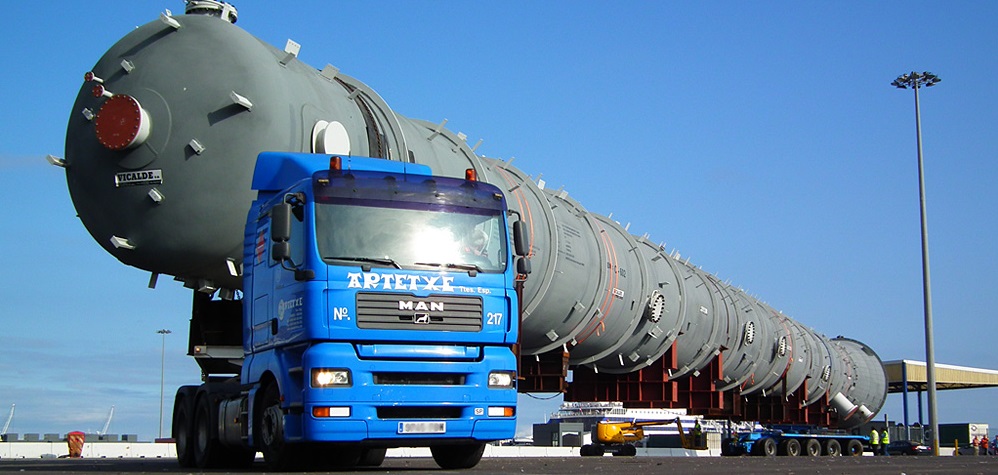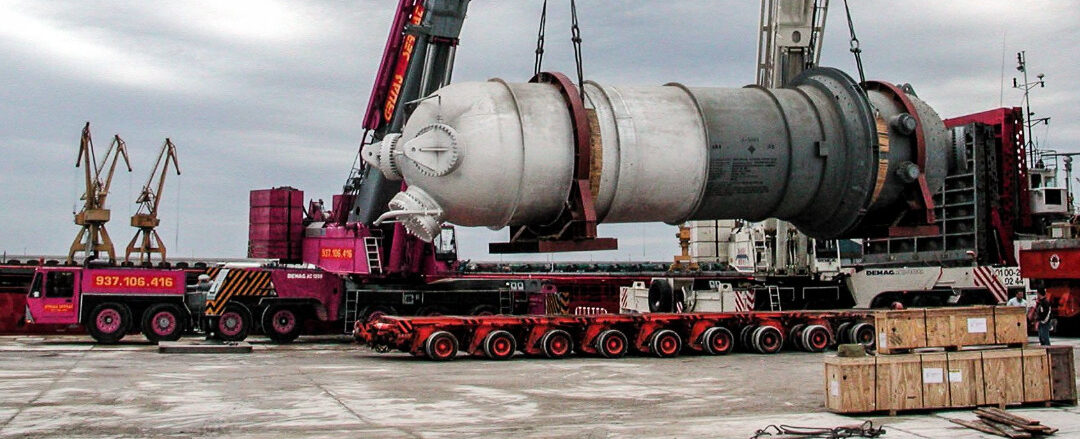
Introduction:
Ensuring the safe and secure transportation of special cargo is a paramount concern for freight forwarders. Special cargo, encompassing fragile, perishable, or hazardous goods, demands meticulous planning and execution throughout the logistics process. This article provides comprehensive guidelines for freight forwarders and businesses involved in the transportation of such delicate shipments.
Understanding the Nature of Special Cargo:
Special cargo comes in various forms, each requiring a unique set of precautions. Fragile items may include electronics, glassware, or artwork, while perishable goods involve food, pharmaceuticals, and other time-sensitive materials. Hazardous materials range from chemicals to flammable substances. Understanding the nature of the cargo is the first step in developing a tailored transport strategy.
Proper Packaging:
The foundation of transporting special cargo lies in proper packaging. Fragile items should be cushioned with adequate padding, and perishable goods must be insulated and refrigerated. Hazardous materials demand compliance with international packaging standards to prevent leaks or spillage during transit.
Regulatory Compliance:
Adherence to local and international regulations governing the transportation of special cargo is non-negotiable. Freight forwarders must stay informed about specific requirements, permits, and restrictions related to the type of cargo being transported.


Specialized Equipment:
Depending on the nature of the cargo, specialized transportation equipment may be necessary. This could include climate-controlled containers for perishable items or secure containers equipped to handle hazardous materials safely.
Route Planning:
Careful consideration must be given to the route taken during transportation. Avoiding extreme weather conditions, congested routes, or areas prone to security risks is crucial. Planning alternative routes and having contingency plans in place adds an extra layer of security.
Documentation and Labeling:
Accurate and comprehensive documentation is essential for special cargo. This includes detailed packing lists, compliance certificates, and manifests. Proper labeling of packages indicating fragility, perishability, or hazardous nature is critical for the safety of handlers and compliance with regulations.
Communication:
Open and clear communication is key throughout the transportation process. Freight forwarders should maintain constant contact with clients, carriers, and relevant authorities. Real-time tracking and updates on the cargo’s status provide transparency and allow for swift action in case of unforeseen circumstances.
Security Measures:
Special cargo is often a target for theft or tampering. Implementing stringent security measures, such as GPS tracking, secure storage facilities, and surveillance, helps safeguard the cargo from potential risks.
Training and Certification:
Freight forwarding staff involved in handling special cargo should undergo specialized training to understand the unique challenges and safety protocols associated with fragile, perishable, or hazardous materials. Certification programs ensure that personnel are well-equipped to manage such shipments.
Continuous Evaluation and Improvement:
The logistics landscape is dynamic, and continuous evaluation of transportation processes is necessary. Regularly reviewing and improving procedures based on industry advancements and lessons learned from previous shipments ensures ongoing efficiency and safety.
Conclusion:
Handling special cargo requires a combination of expertise, adherence to regulations, and a commitment to safety. Freight forwarders and businesses that prioritize these guidelines can not only ensure the integrity of the cargo but also build a reputation for reliability and excellence in the transportation of delicate and high-risk shipments.
